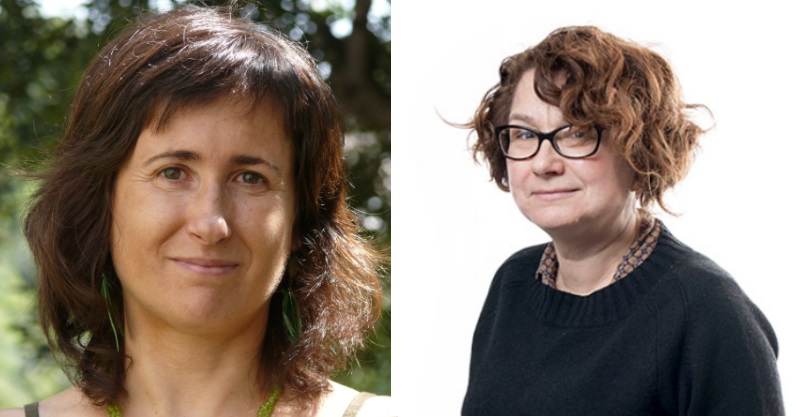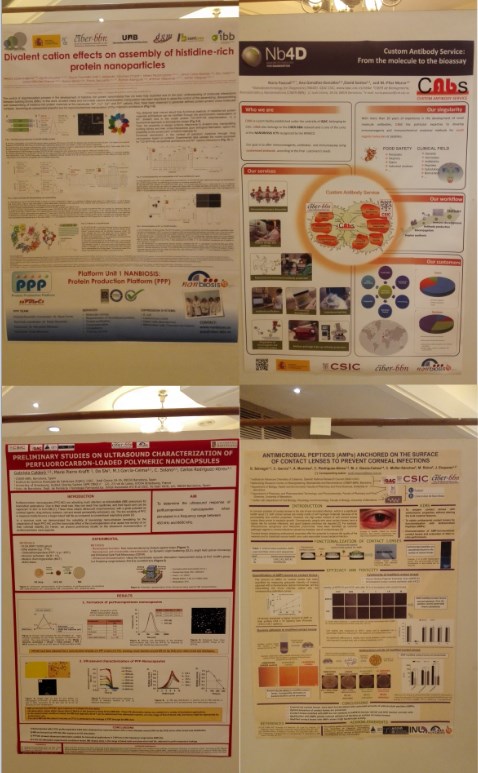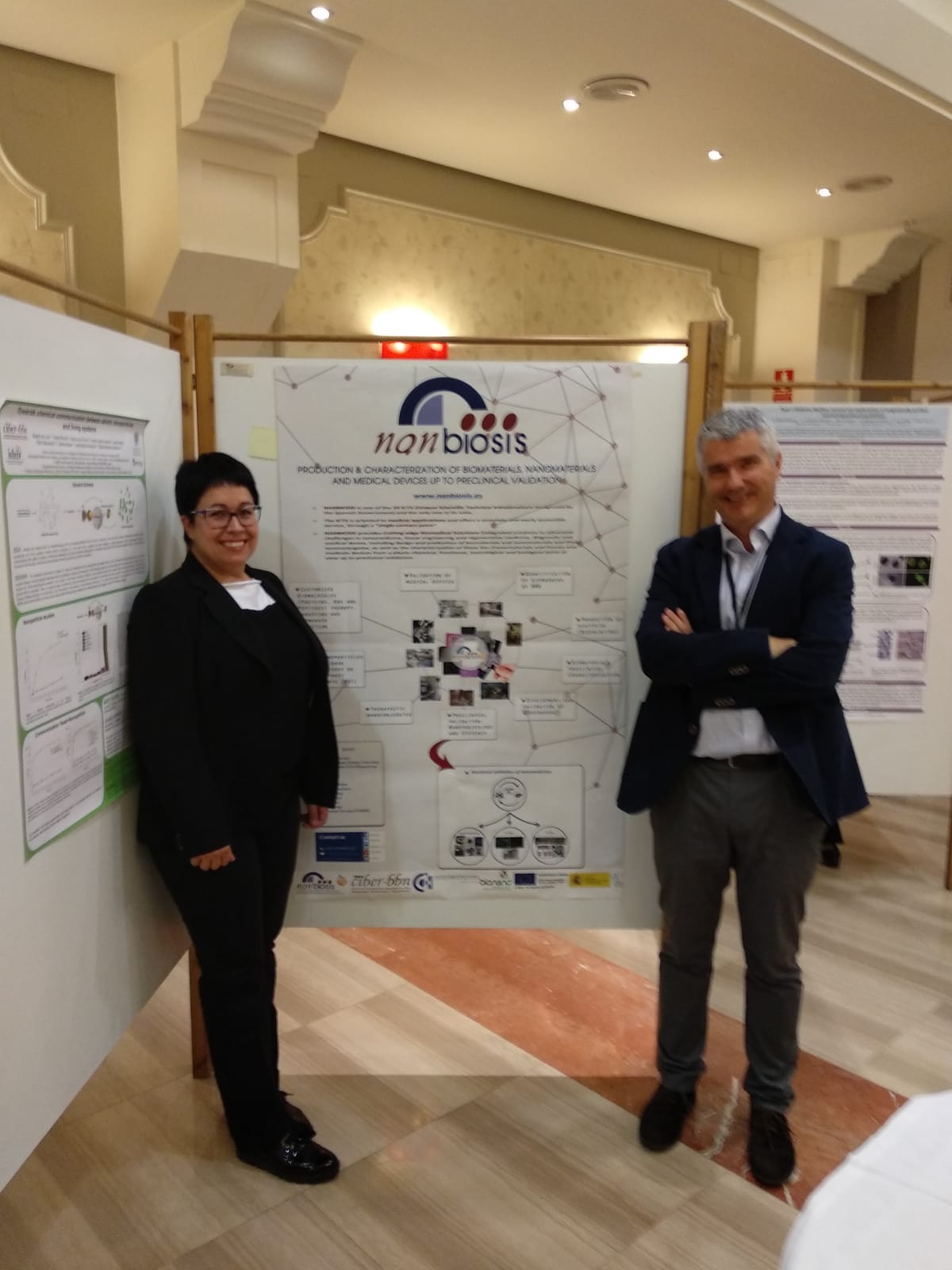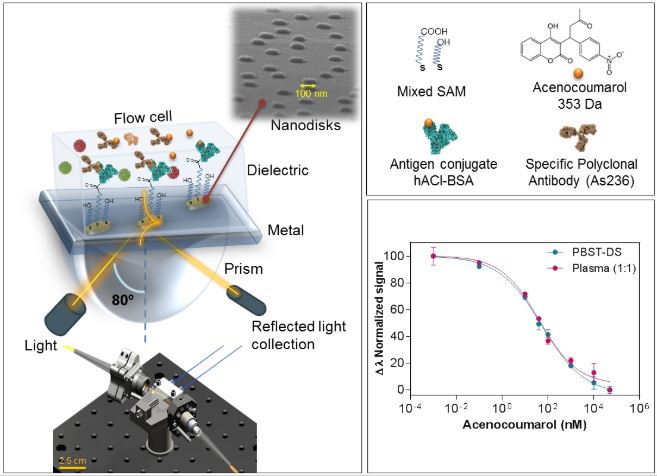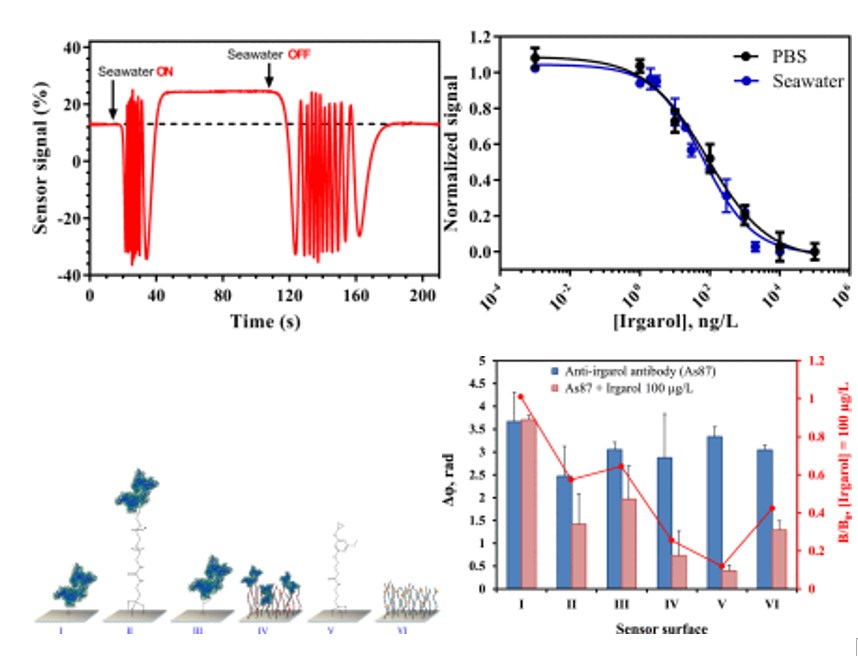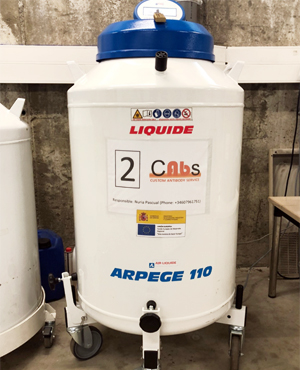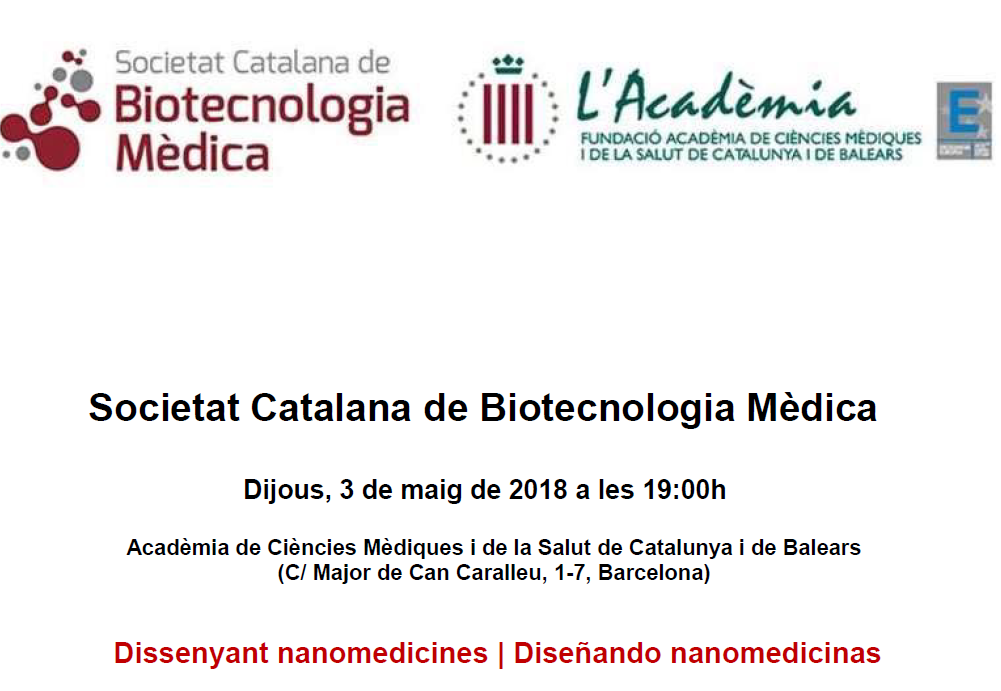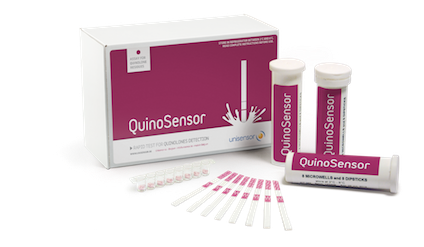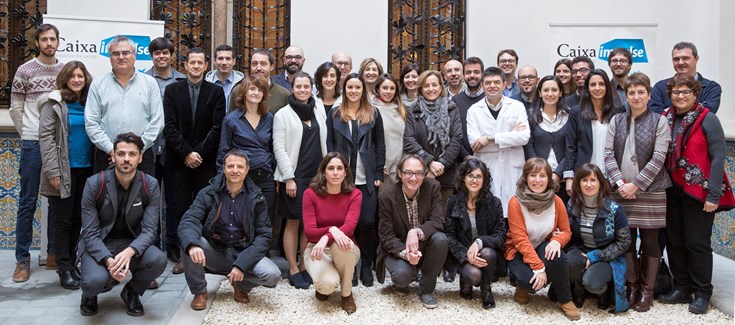Two units of NANBIOSIS in the project selected by La Marató TV3 to fight against bacterial infections
La Marató TV3 in its call for biomedical projects in infectious diseases has selected the project “Uses of molecular analysis of Quorum Sensing with the diagnosis of bacterial infections” of the Nb4D group, led by Mª Pilar Marco, Scientific Director of unit 2 of NANBIOSIS and in which Miriam Royo also participates Scientific Coordinator of unit 3 of NANBIOSIS, both in the IQAC-CSIC of Barcelona
The project of the Nanobiotechnology for Diagnosis (Nb4D) group of the CSIC and the CIBER-BBN has been selected among more than 200 candidates as a project of scientific excellence to be funded in the call for biomedical projects of the Fundació la Marató de TV3 and Catalonia Radio. The project, led in the Nb4D group by Dr. M.-Pilar Marco, Scientific Director of unit 2 of NANBIOSIS and Dr. Lluïsa Vilaplana, will be carried out in collaboration with Dr. M.-Teresa Martín (Hospital Vall d’Hebrón) and aims to study the potential of various molecules of Quorum Sensing as diagnostic tools for bacterial infections. The project, financed with € 227,684.84, also has the collaboration of Dr. Miriam Royo, Scientific Coordinator of Unit 3 of NANBIOSIS, of the Multivalent Systems for Nanomedicine group, also belonging to the CSIC and the CIBER-BBN.
The funds raised in the 2017 edition of the Marató de TV3 and Cataluña Radio will finance 36 biomedical research projects of excellence in infectious diseases to promote the creation of new tools for prevention and diagnosis, as well as more efficient treatments with the aim of earning more and more quality of life for patients.
Link to the news:
http://www.ccma.cat/324/la-marato-impulsa-36-projectes-de-recerca-biomedica-en-malalties-infeccioses/noticia/2884103/
